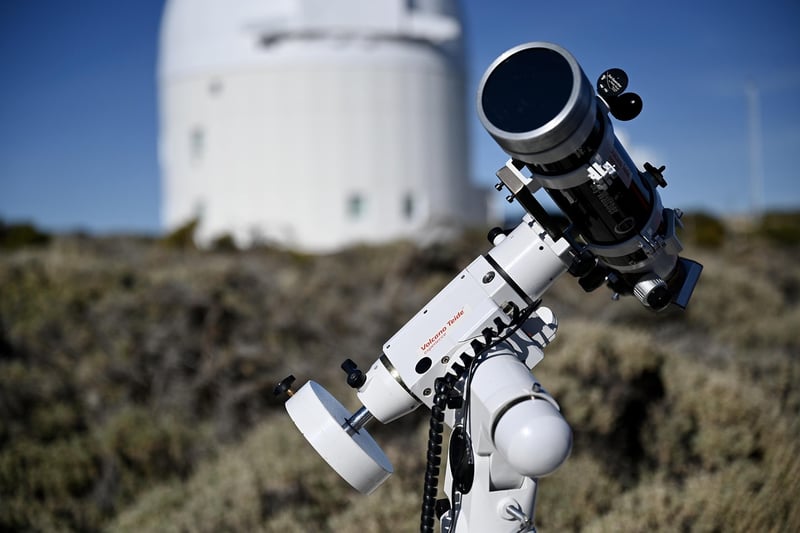Distant Planets
Exploring Planets Outside Our Solar System
Welcome to the fascinating world of exoplanets - planets that orbit stars outside our solar system. In recent years, astronomers have made incredible discoveries that have expanded our knowledge of the universe and the possibility of finding habitable worlds beyond our own.
What are Exoplanets?
Exoplanets, also known as extrasolar planets, are planets that exist outside our solar system. These distant worlds orbit stars other than our Sun and come in a wide range of sizes, compositions, and distances from their respective stars.
How are Exoplanets Discovered?
There are several methods used by astronomers to detect exoplanets. Some of the common techniques include:
- Transit Method: Observing the slight dimming of a star's light as an exoplanet passes in front of it.
- Radial Velocity Method: Detecting the tiny wobble of a star caused by the gravitational pull of an orbiting exoplanet.
- Direct Imaging: Capturing images of exoplanets using powerful telescopes.
Types of Exoplanets
Exoplanets can be classified into different categories based on their characteristics:
- Hot Jupiters: Gas giants that orbit very close to their stars.
- Super-Earths: Rocky planets with a larger mass than Earth.
- Habitable Zone Planets: Planets located in the habitable zone where conditions might be right for liquid water to exist.
Kepler Space Telescope
The Kepler Space Telescope, launched by NASA in 2009, revolutionized the study of exoplanets by discovering thousands of new worlds. Its mission was to find Earth-sized planets in or near the habitable zone of their stars.

Future of Exoplanet Exploration
As technology advances, astronomers are developing new instruments and telescopes to further explore the mysteries of exoplanets. Projects like the James Webb Space Telescope and the European Space Agency's PLATO mission are set to expand our understanding of these distant worlds.

Join us on this exciting journey as we continue to uncover the secrets of planets beyond our solar system!
